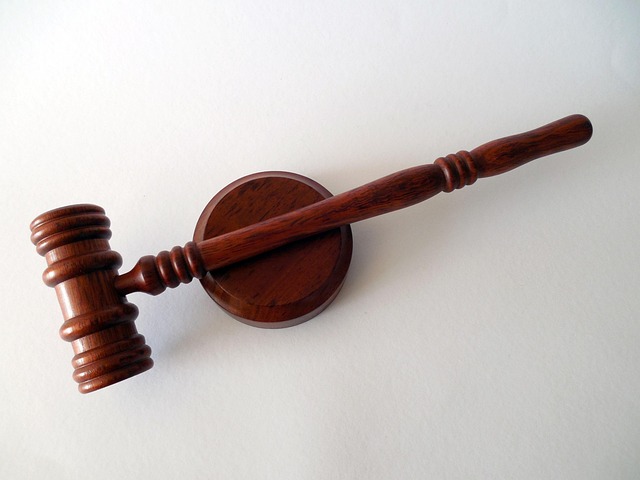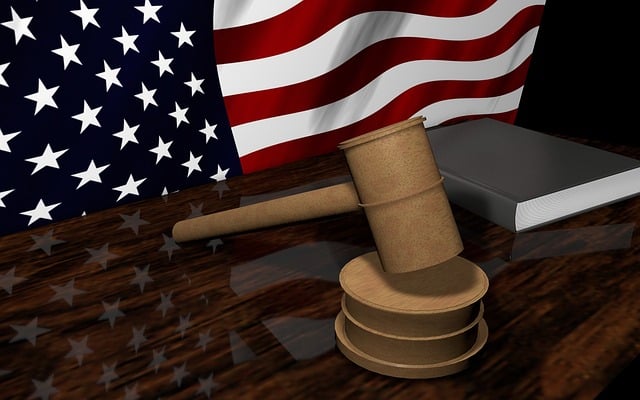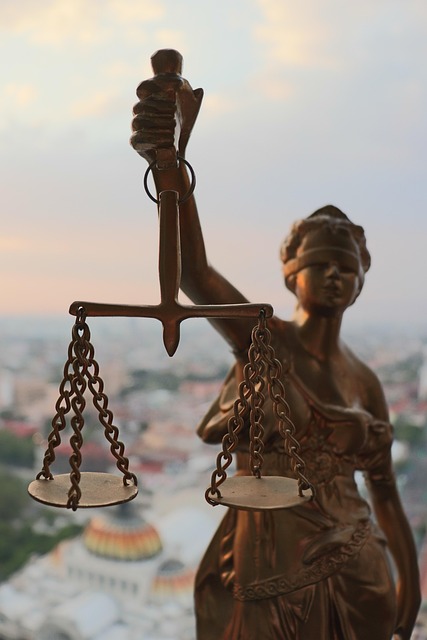Whistleblower Protection Laws safeguard individuals who expose illegal activities within organizations from retaliation, fostering transparency and accountability. The litigation process begins with an employee's complaint or breach of contract lawsuit, focusing on contractual violations like non-disclosure clauses. It involves intricate stages from initial investigations to settlements or trials, requiring strategic legal arguments and evidence presentation. Success hinges on understanding both the law and unique case circumstances. These lawsuits, involving complex considerations beyond simple contract claims, protect whistleblowers from retaliation while holding corporations accountable for unethical practices. Effective navigation of these processes, with experienced legal counsel, ensures rights and interests are safeguarded throughout.
Whistleblower protection lawsuits are crucial mechanisms ensuring individuals can expose illegal activities within organizations without fear of retaliation. This comprehensive guide explores key aspects of whistleblower protection, from understanding relevant laws to navigating the intricate litigation process. We delve into breach of contract issues specific to these cases and highlight legal considerations essential for success. By examining strategies employed in successful claims, this article offers a roadmap for individuals and advocates seeking to uphold whistleblowing integrity.
- Understanding Whistleblower Protection Laws
- When Does a Breach of Contract Arise in Whistleblower Cases?
- The Litigation Process: From Report to Resolution
- Key Legal Considerations for Whistleblower Protection Lawsuits
- Strategies for Successful Whistleblower Protection Claims
Understanding Whistleblower Protection Laws

Whistleblower Protection Laws are designed to safeguard individuals who expose illegal or unethical activities within their organizations from potential retaliation. These laws play a crucial role in fostering transparency and accountability, especially in high-stakes cases involving corporate misconduct or government corruption. Understanding these legal protections is essential for both whistleblowers and employers alike.
The litigation process begins when an employee believes they have witnessed a breach of ethical standards or illegal practices. They can then file a complaint with relevant authorities or take a more direct approach by initiating breach of contract litigation. This involves presenting evidence that proves the violation of established policies, contracts, or legal obligations. If successful, whistleblowers may be entitled to compensation and other remedies, including a complete dismissal of all charges against them, which reinforces their courage in standing up against wrongdoings within their organizations.
When Does a Breach of Contract Arise in Whistleblower Cases?
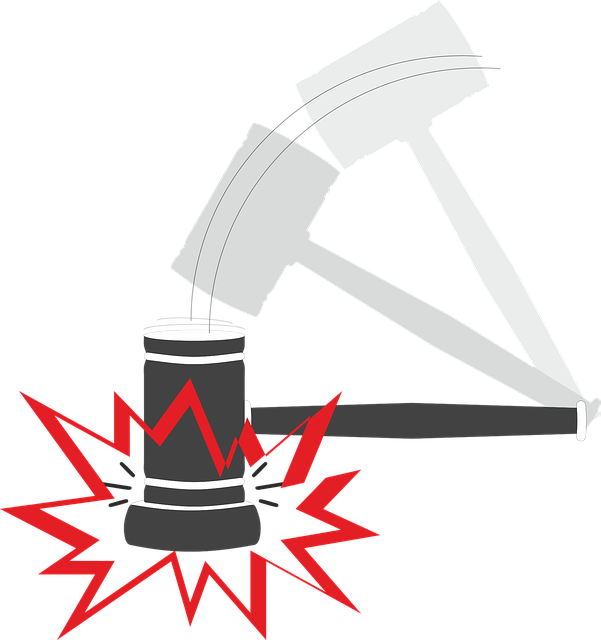
In whistleblower cases, a breach of contract can arise when an employee or individual reveals illegal or unethical activities within an organization, as outlined in their employment agreement. This typically occurs during the investigative and enforcement process, where the whistleblower’s actions deviate from the contractual obligations owed to their employer or associated entities. The breach is not merely about exposing wrongdoings but involves a specific violation of the terms agreed upon, such as non-disclosure or non-solicitation clauses.
The litigation process for these cases progresses through various stages, encompassing investigations, legal proceedings, and potential settlements or trials. For both corporate and individual clients involved, understanding when a breach has occurred is crucial to navigating the complex landscape of whistleblower protection lawsuits. This knowledge enables them to engage in all stages of the investigative and enforcement process, including coordinating with general criminal defense attorneys, to safeguard their rights and interests.
The Litigation Process: From Report to Resolution
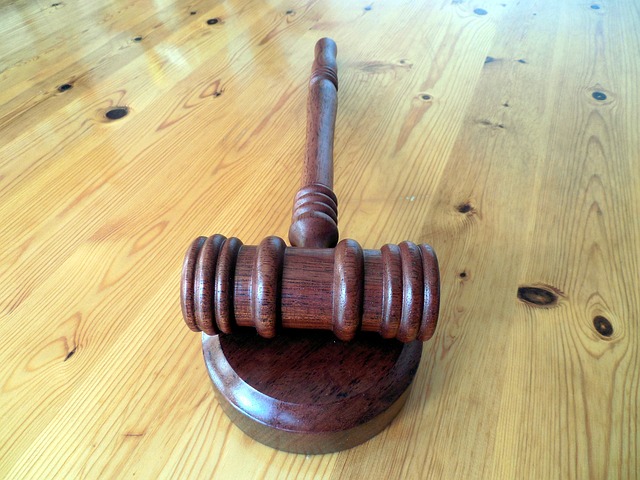
The journey from reporting a violation to achieving resolution through whistleblower protection lawsuits involves a meticulous litigation process. It begins when an individual, faced with knowledge of unethical or illegal activities within an organization, decides to come forward. This act of courage often paves the way for legal action. The plaintiff, who is typically the whistleblower, initiates the breach of contract litigation process by filing a lawsuit against the employer they believe has wronged them.
This legal battle can be complex and challenging, especially in high-stakes cases. The strategy involves carefully presenting evidence that demonstrates the violation of established policies or contracts designed to protect whistleblowers. Through meticulous preparation, effective legal arguments, and a compelling narrative, attorneys for the whistleblower work towards securing winning challenging defense verdicts for their clients. This process demands a deep understanding of both the law and the specific circumstances surrounding the case.
Key Legal Considerations for Whistleblower Protection Lawsuits

Whistleblower Protection Lawsuits involve a complex interplay of legal considerations that extend beyond simple breach of contract claims. When an employee or individual exposes illegal, unethical, or fraudulent activities within their organization, they become a whistleblower. This act can be protected under various state and federal laws designed to safeguard these individuals from retaliation, such as loss of employment, harassment, or any form of adverse action.
The litigation process for these cases often involves a thorough examination of the facts and circumstances surrounding the whistleblowing event. Key legal considerations include understanding the specific whistleblower protection laws applicable to the situation, evaluating whether there was indeed a breach of contract or policy, and assessing the validity of any claims of retaliation. The unique nature of these disputes requires meticulous strategy, as individuals must navigate not just breach of contract litigation but also the broader implications for their safety and the public interest. Across the country, many courts have recognized the importance of protecting whistleblowers, ensuring that they can come forward without fear of retribution, thereby fostering a culture of transparency within the philanthropic and political communities.
Strategies for Successful Whistleblower Protection Claims
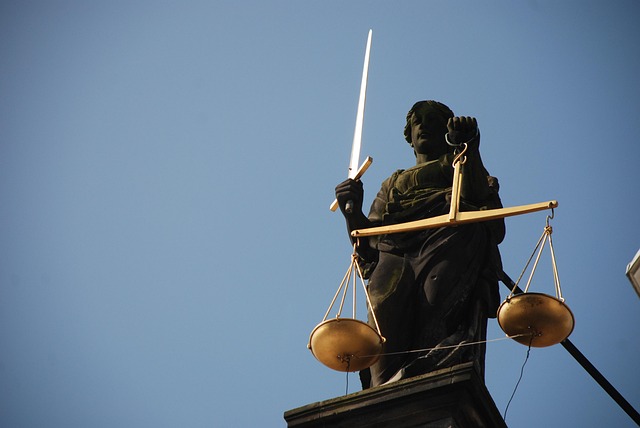
Whistleblower protection lawsuits are a powerful tool for holding corporations accountable when they engage in unethical practices. To mount a successful claim, it’s crucial to understand both the legal framework and strategic approaches. The first step involves carefully reviewing the specific laws in your jurisdiction related to whistleblower protections, as these vary across regions. This includes recognizing the definition of a whistleblower, protected disclosures, and the entities responsible for enforcement.
The litigation process begins with gathering robust evidence to support the claim. This entails documenting the breach of contract or violation of whistleblower protection laws through comprehensive records, communications, and expert opinions. The goal is to demonstrate a clear pattern of misconduct. During all stages of the investigative and enforcement process, it’s vital to engage experienced legal counsel who can guide both corporate and individual clients through potential challenges. Effective representation ensures that the case progresses smoothly, increasing the likelihood of a favorable outcome, whether through settlement negotiations or jury trials.
Whistleblower protection lawsuits are a vital mechanism for holding organizations accountable and ensuring justice. By understanding the complexities of whistleblower protection laws, recognizing breach of contract scenarios, and navigating the litigation process effectively, individuals can play a crucial role in exposing wrongdoings. This article has provided an overview of these key aspects, enabling readers to recognize their rights and take informed actions. Remember that seeking legal guidance is essential when considering a whistleblower claim, especially during the intricate breach of contract litigation process explained here.

